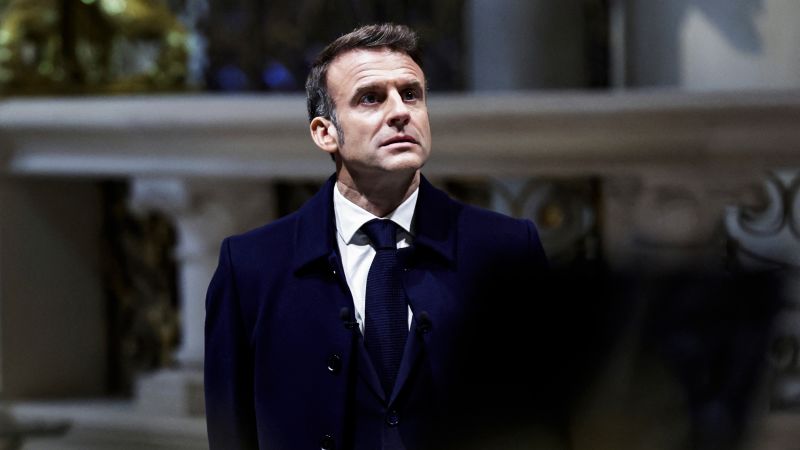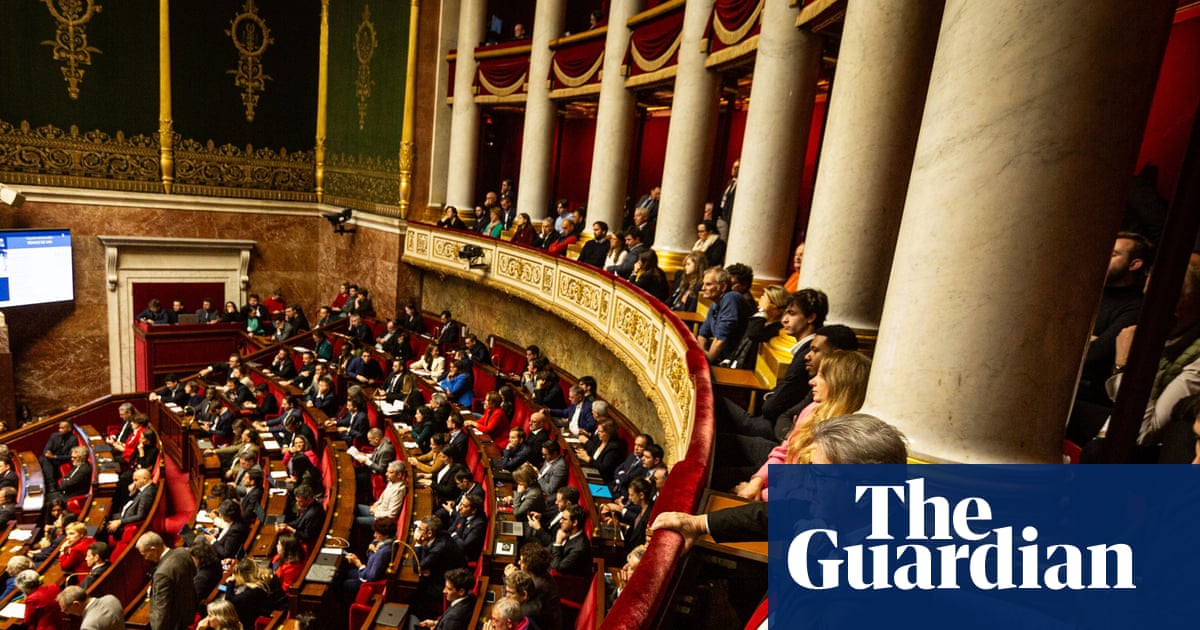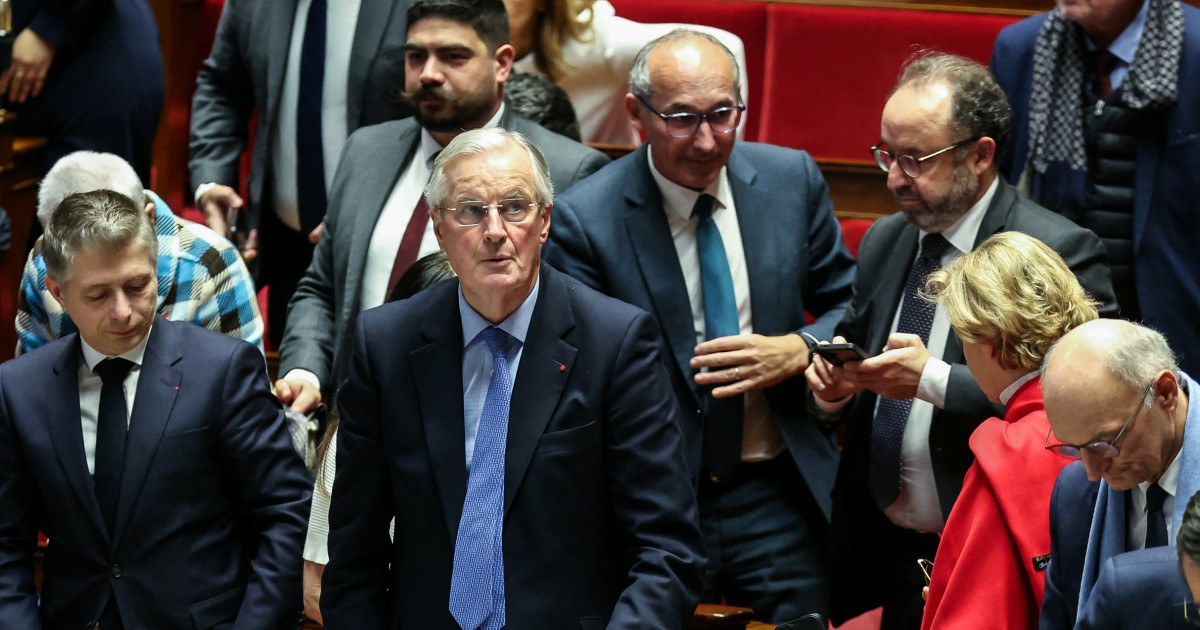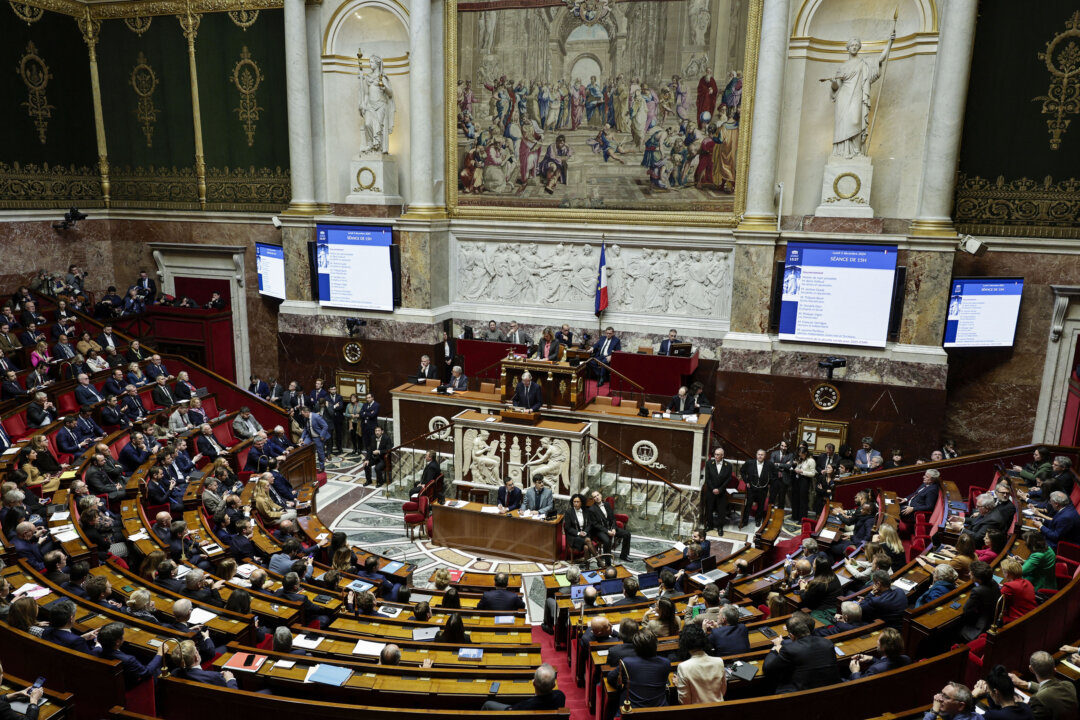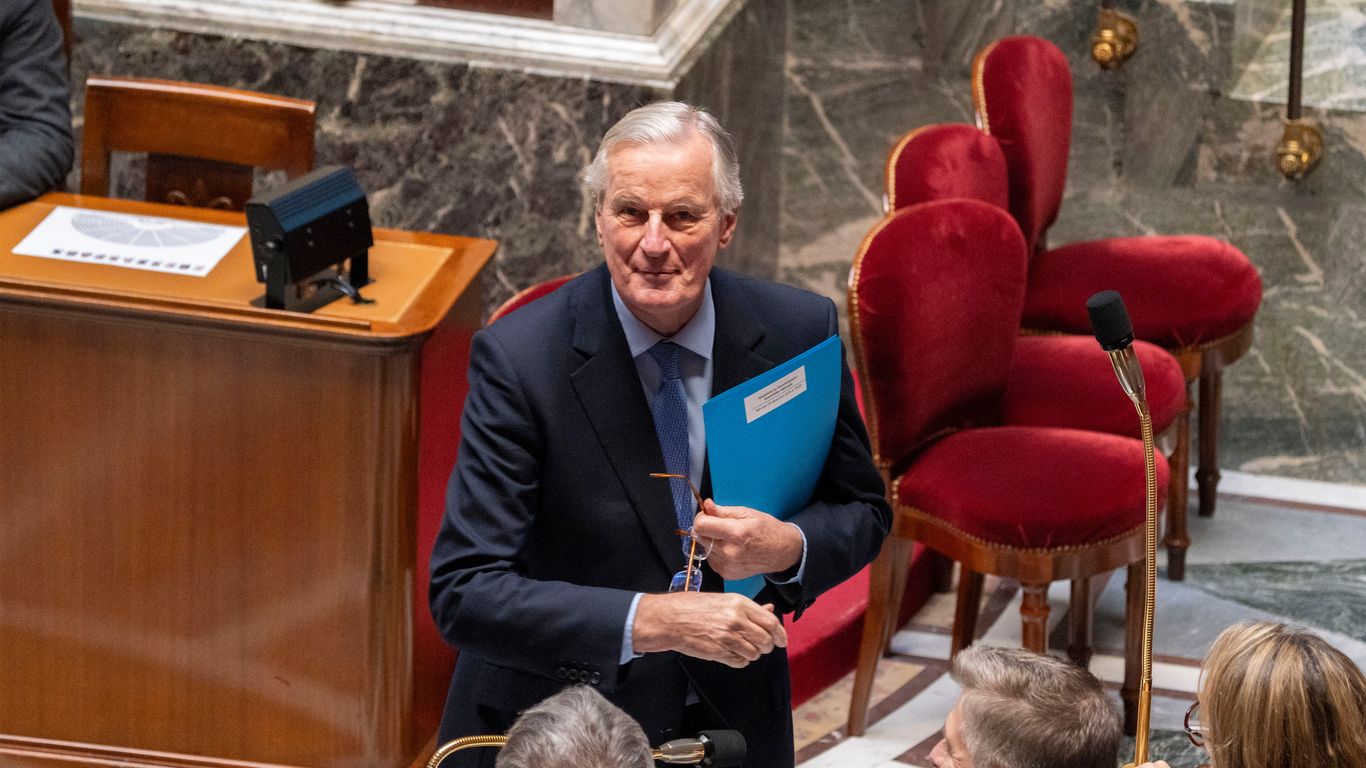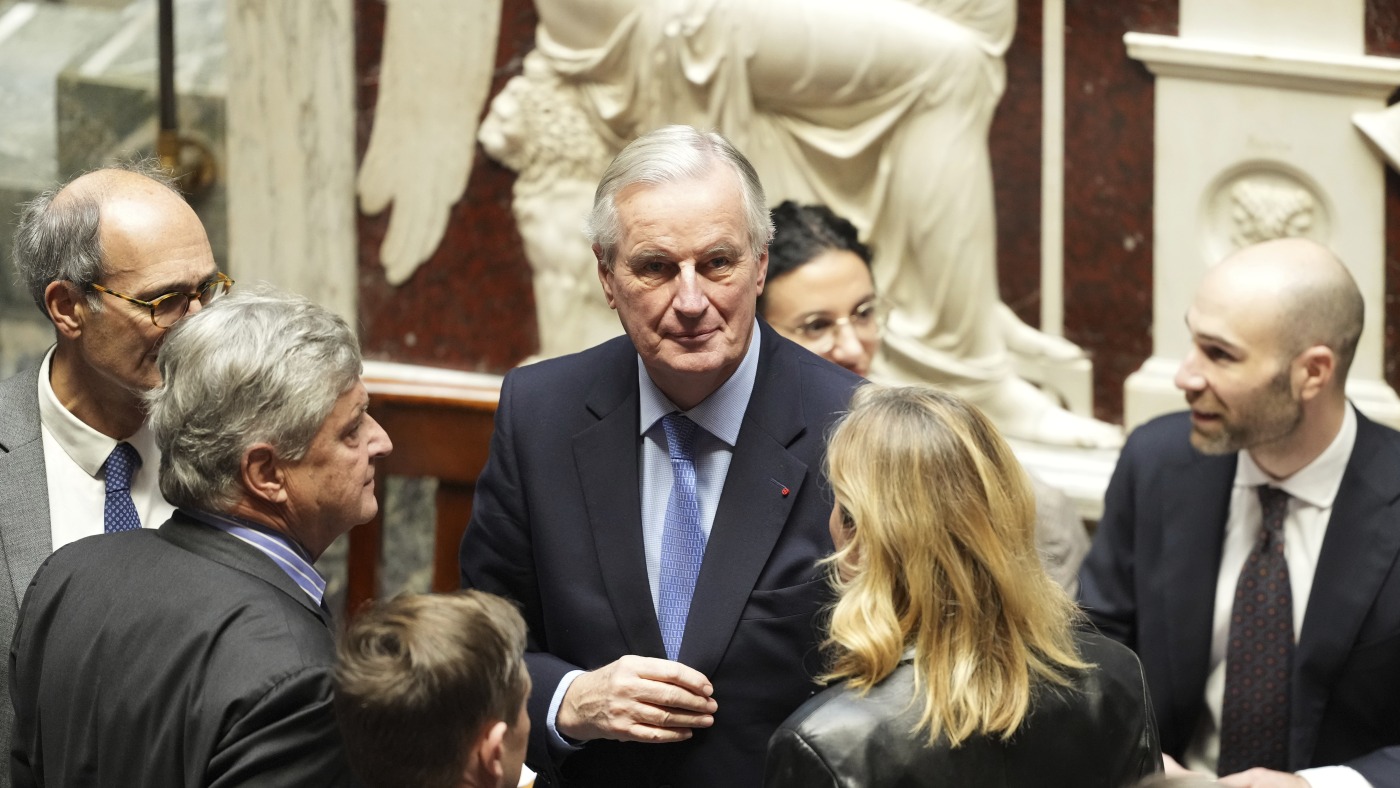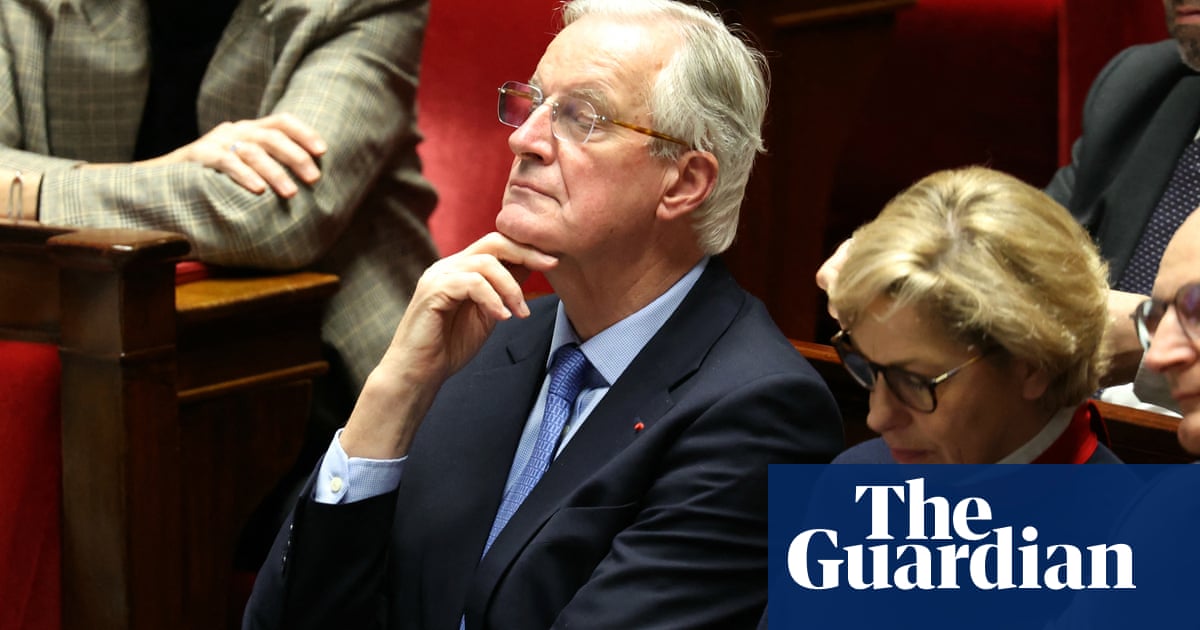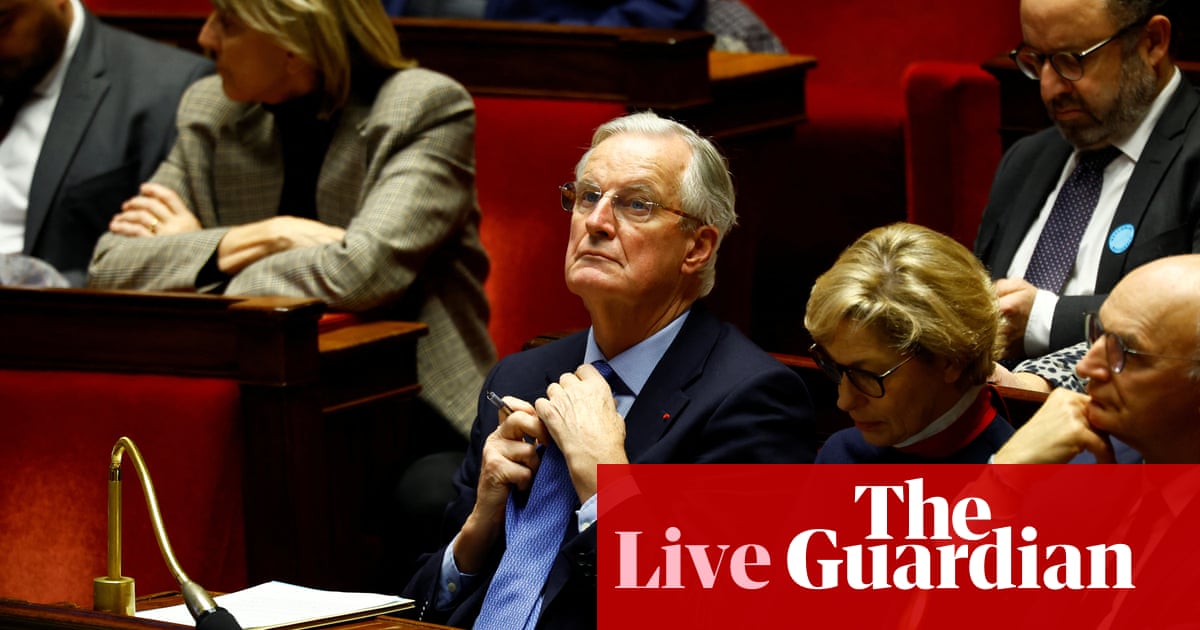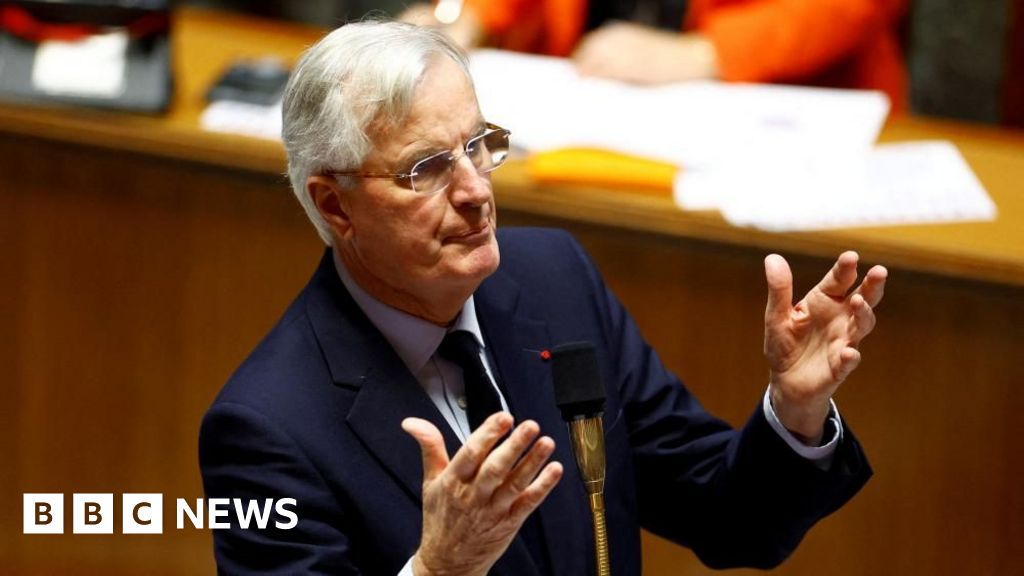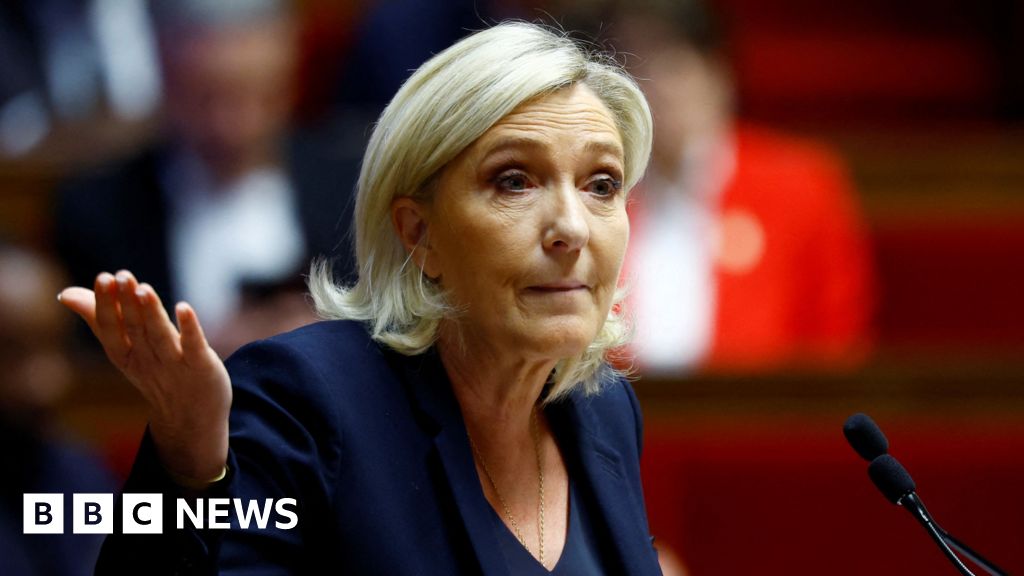France's Political Turmoil: PM Michel Barnier Ousted Amidst Budget Crisis
Prime Minister Michel Barnier resigns following a historic no-confidence vote, leaving France with a fragmented parliament and economic instability.
Subscribe to unlock this story
We really don't like cutting you off, but you've reached your monthly limit. At just $5/month, subscriptions are how we keep this project going. Start your free 7-day trial today!
Get StartedHave an account? Sign in
Overview
Following a no-confidence vote, French PM Michel Barnier resigned, the first such ousting since 1962. President Macron now faces pressure to appoint a new prime minister amidst a deeply divided parliament and growing economic concerns over the national deficit. Barnier's government was short-lived as political alliances shifted, leading to calls for Macron's resignation. Analysts predict ongoing political instability and fiscal challenges as France prepares for future governance amid rising debt concerns.
Report issue

Read both sides in 5 minutes each day
Analysis
Analysis unavailable for this viewpoint.
Articles (38)
Center (16)
History
- 1y

 4 articles
4 articles
- 1y

 4 articles
4 articles

